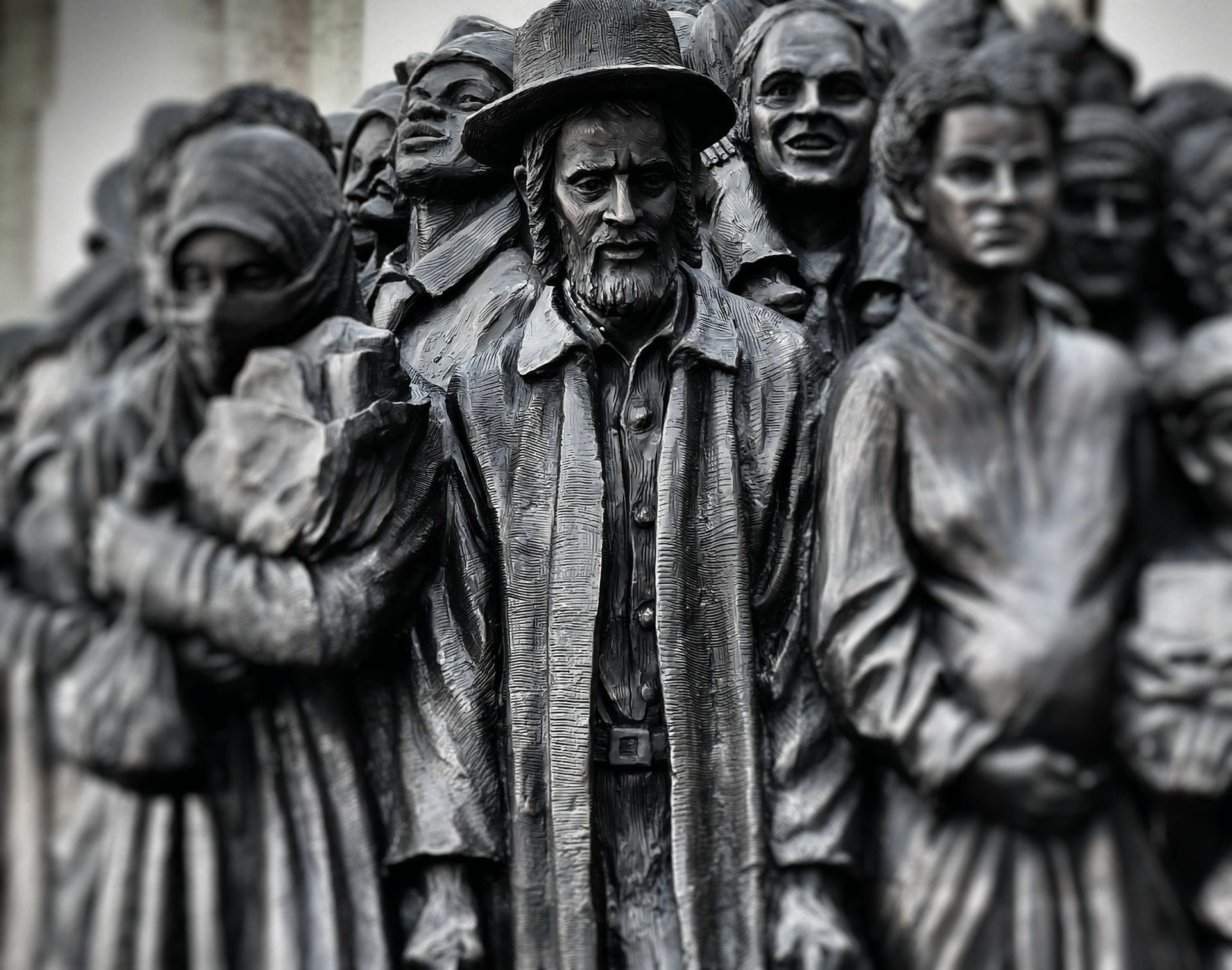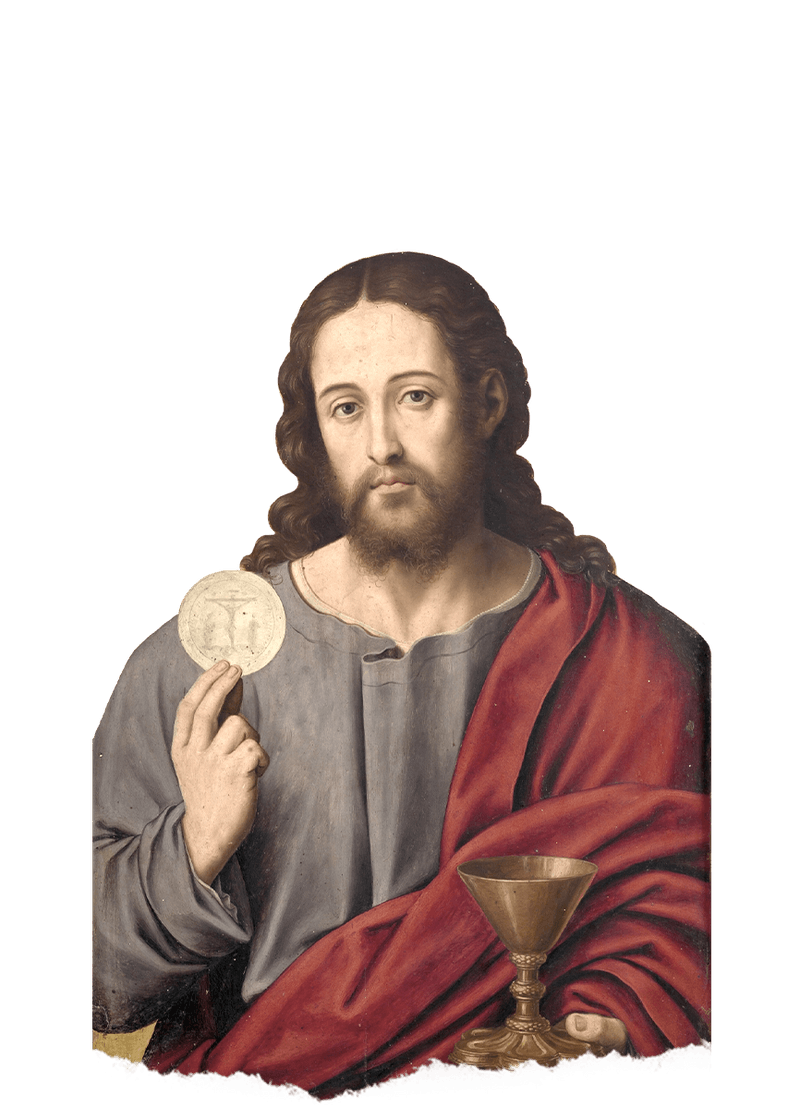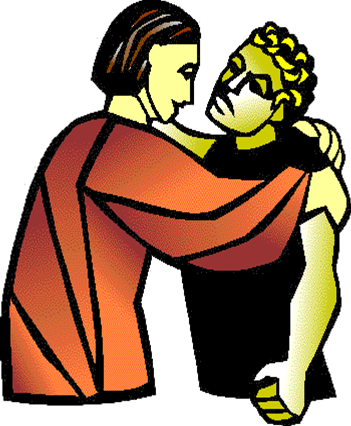John the Baptizer is trending in Advent. This saintly figure who represents the stern side of religious belief, strikingly dominates the season. The fact that there was no confusion about his role as a precursor, desiring nothing but make God’s presence felt, John deserved much respect. Arguably, his lifestyle was beyond repute. He was a no non-sense prophet (literally, all prophets destined as messengers of God). He was the living icon of religious faith. If he were Catholic, Sunday Mass would be non-negotiable, Sunday Worship, invaluable. Such religious matters would be subject for discussion only for enrichment. The real presence of Christ in the Eucharist is real. You don't play around it. It is either you belong to God or Mammon. There is no gray area, no middle ground. There are no ifs, ands or buts. Excuses are unacceptable. It is either all or nothing. He is not swayed nor tempted by the consumerist, materialist, and worldly ideals of the secular society. If you want to watch Sports on Sunday, go to Mass first. Faith and morals constitute life.
His message on the second Sunday of Advent is urgent and disturbing, evidently echoing Isaiah 40: 3 “…a voice crying out in the wilderness…prepare the way of the Lord, make straight his paths…” Love him or hate him, you cannot ignore him. It is said that "people of the whole Judean countryside and all the inhabitants of Jerusalem were going out to him and were being baptized by him in the Jordan River as they acknowledged their sins". As a preacher, he had a huge following. He was profoundly influential. He drew significant numbers of people (busy or not) from all over the place. Religious seekers gravitated to him. He was charismatic, that is, gifted with an electrifying personality. To say that he wore his faith on his shoulders is an understatement. And you bet, versions of him are still in existence and in high demand across the globe. Let me tell you, John was not one of the tele-evangelists who promised cheap grace. He commended authoritative parents who religiously take their families to Sunday Mass but decried those whose beliefs are “come what may,” “anything goes” and who do little to uphold family religious values. With so much clout, he could have easily lured his followers as the promised Messiah, the One they had been waiting for ages, but no, he said, “One mightier than I is coming after me.” He vehemently denied it and shockingly, diverted everyone’s attention perhaps, to the dismay of many, including his stalwart followers. There was no doubt it was the right thing to do. His role to direct our focus on Christ was exceedingly clear. By pointing his curious, serious and staunch followers to the more powerful, he occupies a significant part in the immediate preparation of the birth of the Messiah, the Emmanuel, the One who is to come, the hope of the suffering oppressed. No wonder, John the Baptist is the forerunner. His vocation and destiny, however difficult, was divine. His life was a living testimony of God. On the second week of Advent, we join his company in the desert, in the bubble devoid of the complexities of ordinary life. I find it hard to spend a great deal with John the Baptist’s daunting challenges at a time when our minds are heavily preoccupied with safety protocols, travel restrictions, in-person or virtual parties to go, decorations to hang, gifts shopping and presents to wrap. And yet, his words are even more timely as we relentlessly search for deeper meaning to the hard realities of life.
The author of the gospel of Mark, who remained anonymous all the way to the end but popularly believed to be a disciple, a follower of St. Peter opened the discourse with, “The beginning of the gospel (Good News) of Jesus Christ, the Son of God”. This introduction, referring to the very first verse, is, by far, the most important text as it sets the tone of the entire Gospel. The writer presents this as the good news (euangelion) which offers glad tidings, a great cause for rejoicing for Jesus (God saves), the Christ (Messiah), the Son of God. Immediately following, Mark quoted the emotion-filled words of the Prophet Isaiah 40-55 (book of consolation), the content of the second part of the book (Deutero-Isaiah) which substantially offers messages of hope and words of comfort evidently expressed in the classic text Isaiah 40: 1-11 (First Reading of the Second Sunday of Advent B) addressed to an exiled people who have lost morale, inviting them to come back to their land and to God, “Comfort, give comfort my people, says the Lord. Speak tenderly to Jerusalem and proclaim to her that her service is at an end, her guilt is expiated.” Isaiah gave them an assurance, a promise of healing and deliverance that the exile would soon come to an end and that God was preparing everything by clearing all means possible for their final return. The journey back home would be safe and no worries, things would fall into place as planned, “a voice cries out: in the desert prepare the way of the Lord! Make straight in the wasteland a highway for our God! Every valley shall be filled in, every mountain and hill shall be made low; the rugged land shall be made a plain, the rough country, a broad valley.” This is such an encouraging and inviting message in the Advent season, letting us know it is alright to return to God, to go to confession, and start all over. Repentance is described as a lifetime process, and not simply a 12-step program of going back and forth to God, was all John wanted from his hearers. It was as easy as making a short deliberate trip to the Church for the Sacrament of Reconciliation, and as difficult as not making plans to do it or making serious reparations for sins. Advent is a new beginning. No one will say anything. No one will make rough comments about you. Sin is humiliating, but it is what it is. No one will ostracize you from being away from Church. God will meet you at the front door and tightly embrace you. The prophet Isaiah’s words bring so much comfort and consolation to the agony, pain, grief, and sorrow of those who have lost loved ones during this pandemic. Amidst this terrible crisis that has weighed on us, God, the Church, the parish community, is your refuge, a shoulder to cry on. Amen.
PARISH BLOG



ABOUT US
WELCOME
SAINTS AND SINNERS, FAITHFUL AND UNFAITHFUL, RELIGIOUS AND OTHERWISE
USEFUL LINKS
CONTACT INFO
IMMACULATE CONCEPTION
928 C Avenue, P.O. Box 1176
Douglas, AZ 85607
PHONE: (520) 364-8494
ST. BERNARD AND MISSIONS
2308 N. McKinley St., P.O. Box 3101
Pirtleville, AZ 85626
(520) 364-2762
ST. LUKE
1211 E 15th St., Douglas, AZ 85607
(520) 364-4411
FLOCKNOTE SIGNUP
Diocese of Tucson News: Do you miss our diocese's former print newspaper “The Outlook”? Did you know that we now have an online version called: “The New Outlook”? Sign up for it today and it will automatically go to your email every week. It is entirely free, and it informs our readers about inspiring and important local, national, and international Catholic issues and events. To sign up for the “The New Outlook”
Log on: https://news.diocesetucson.org/subscribe
Enter your name and email address and you will begin receiving “The New Outlook” weekly in your email.
May God bless you abundantly!
Bishop Edward J. Weisenburger
